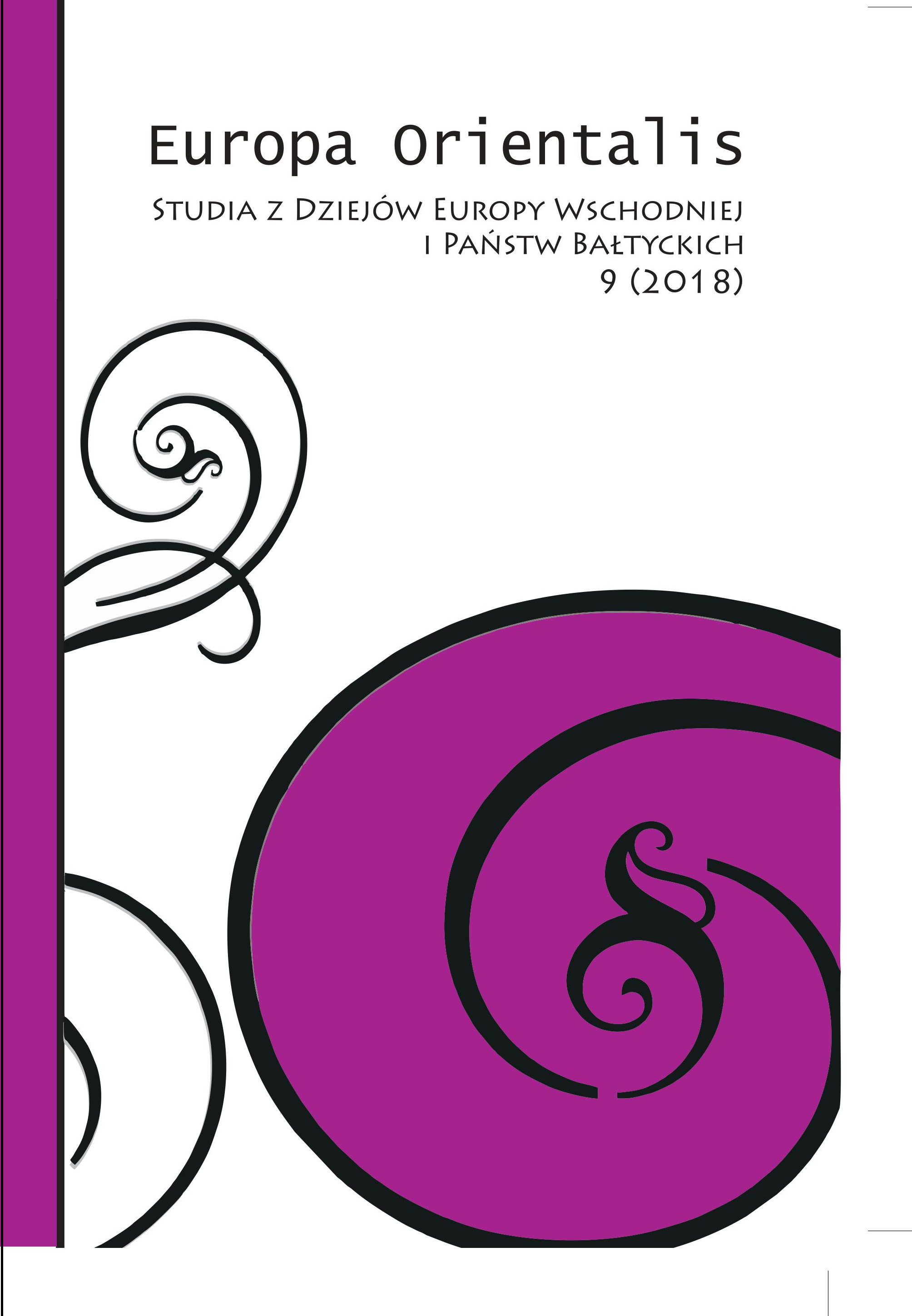The change of person’s identity in the diaries of Baltic writers in exile: Zenta Maurinia’s Trimties tragizmas (“Exile tragedy”) and Jurgis Savickis’ Žemė dega (“The ground is burning”)
DOI:
https://doi.org/10.12775/EO.2018.007Słowa kluczowe
diary genre, identity change, masks, Zenta Maurinia, Jurgis Savickis.Abstrakt
The article describes the change in the identity of a person, reflected in the diaries of two Baltic writers, Zenta Maurinia and Jurgis Savickis, written during the post-war period in forced emigration. Zenta Maurinia was the first woman in Latvia, a writer and cultural researcher, who was awarded the academic degree of the Doctor of Philology. Jurgis Savickis was a famous interwar Lithuanian diplomat who had worked in Lithuanian embassies in Scandinavian countries and France and was the author of numerous prose works, had modernized the Lithuanian nar-rative and validated new prose trends.The diaries of the representatives of these two Baltic nations, Maurinia and Savickis, written in emigration, reflect similar problems. There we see a collapse of personality, various masks of the crisis that people start wearing because they have lost their previous positions: native land, home, linguistic environment, work and creative positions, and personal status. The individual constantly balances joy and despair, suffering and resignation. The personality drama is exacerbated by the confusion of war, chaos and manifestation of atrocities that are difficult to go through for the European intelligent who cannot change anything. Living “be-tween” – between one country and the other, between several cities, between lost home and temporary shelter, between hunger and short-term satiation, between daily fear and brief respite, between shooting and silence – in the long run re-inforces the change of the identity of an individual and forces him to take some role. In Savickis’ soul, the strong imperative of a child of agriculture wakes up, inspiring to work in the garden; Maurinia analyzes the works of world literature and writes letters to well known people. In the diaries of both Baltic intellectuals appear important strategies for cultural rehabilitation, as if allowing to bring back the true beginnings of humanity: they both become supporters and helpers of other people, they constantly read books, thus striving to remain on the high spiritual horizon of Western civilization.
Bibliografia
Bachtin M., Autorius ir herojus, Vilnius: Aidai, 2002.
“Gimtasis žodis” 2003, No 3.
Kubilius V., Tautinė literatūra globalizacijos amžiuje, Kaunas: VDU l-kla, 2003.
Mauriņa Z., Dostojevskis: viņa personiba, mūža, Rīga 1933.
Mauriņa Z., Dzīves vilciens, 1941.
Maurinia Z., Tremties tragizmas, Vilnius 2007.
Mauriņa Z., Ziemeļu temas un variacijas, Rīga 1938.
Savickis J., Šventadienio sonetai, Berlin 1922.
Savickis J., Raštai, t. I, Vilnius: Vaga, 1990.
Savickis J., Raštai, t. II, Vilnius: Vaga, 1990.
Savickis J., Žemė dega, t. I–II, Chicago: Terra, 1956.
“Žiemgala” 2017, Nr. 2.
Opublikowane
Jak cytować
Numer
Dział
Statystyki
Liczba wyświetleń i pobrań: 0
Liczba cytowań: 0



